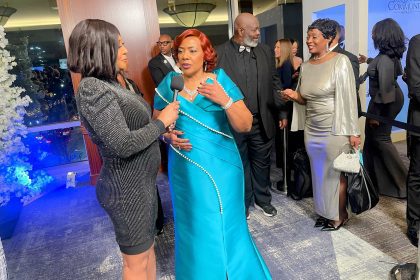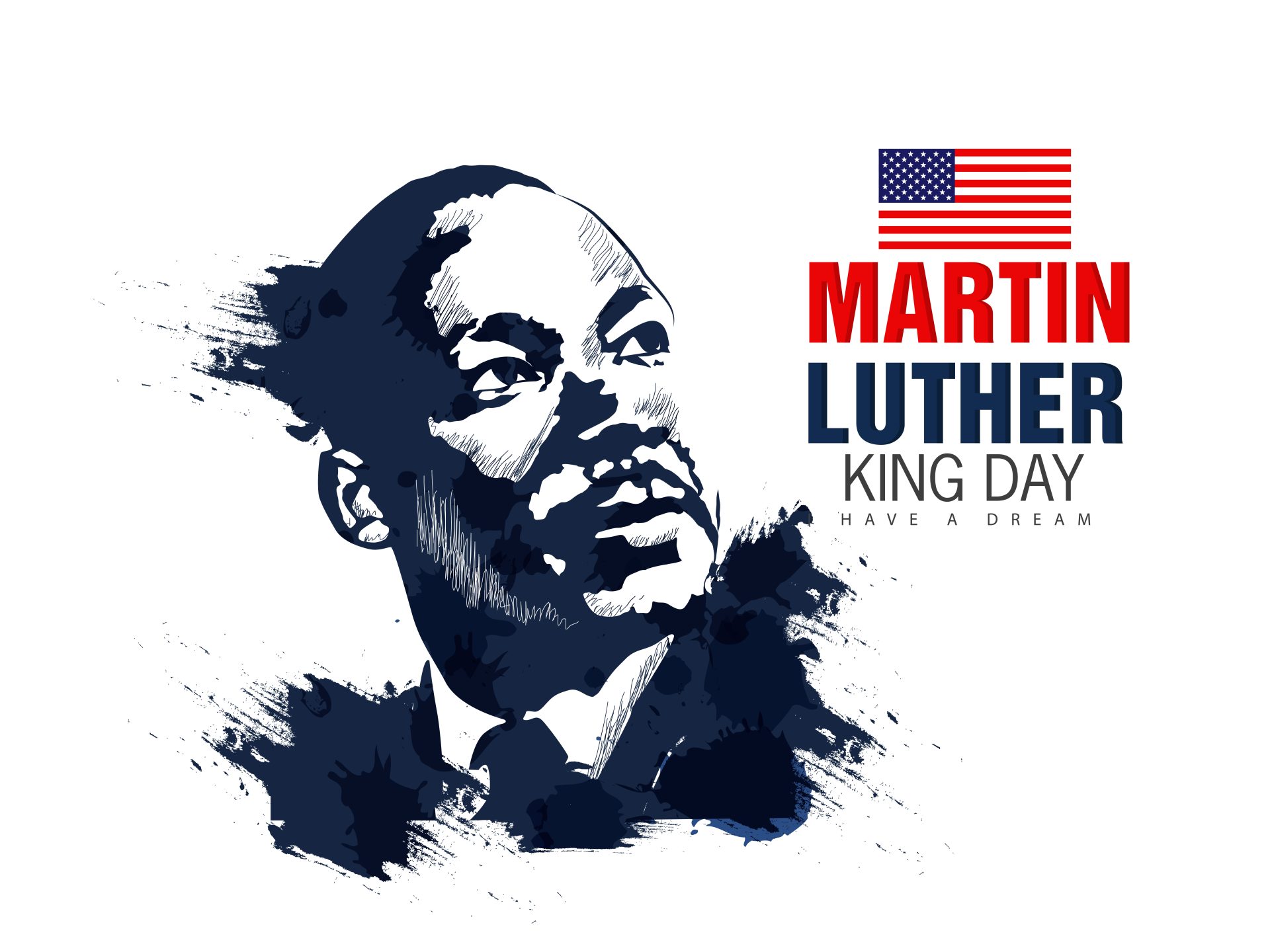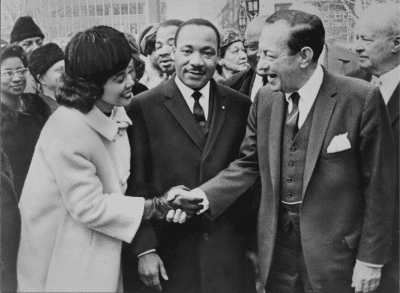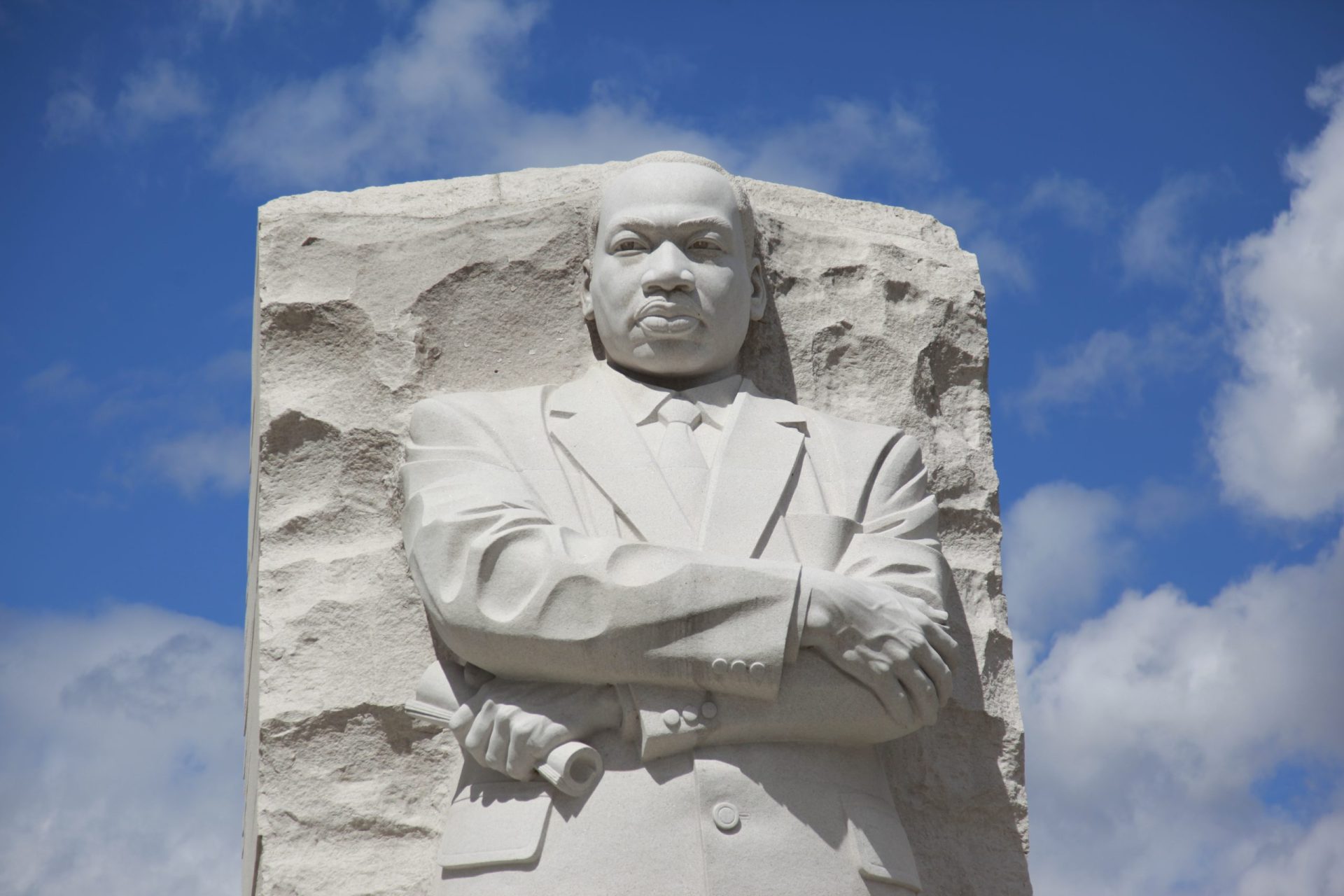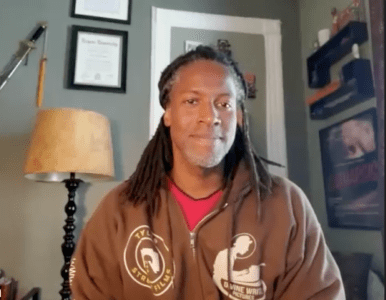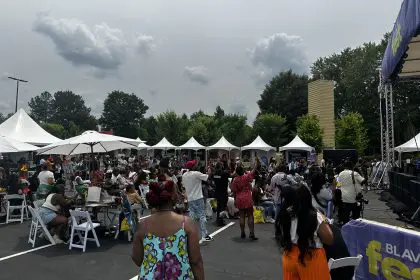
It’s ironic that the George Zimmerman not guilty verdict in killing Trayvon Martin comes one month before the nation celebrates the 50th anniversary of the Civil Rights Movement’s signature moment, the March on Washington, which represented the peak of a movement dedicated to securing equality and justice for the nation’s African American population.
With perhaps the exception of 1968, the year 1963 stands out as the most volatile, violent, divisive and transformative year of the Civil Rights Movement. One of the largest gatherings in the annals of nation’s Capitol gathered tremendous steam through two key events: the police commissioner being televised unleashing of police dogs on activists in Birmingham, Alabama, which horrified the nation, liberals and conservatives alike. Secondly, through the riveting June 11, 1963 speech by President John F. Kennedy and the urging of his brother and U.S. attorney general Robert F. Kennedy, a civil rights supporter. Robert Kennedy appeared on national TV to announce a sweeping civil rights bill to secure privileges for black people that were “as old as the scriptures and as clear at the American Constitution.”

The year was 1963. A year, most particularly a summer, of intense sorrow and heartbreak brought the assassination of NAACP field secretary Megdar Evars. He was shot down in the driveway of his Jackson, MS home. His assassin, Bryon De LaBeckwith escaped responsibility until he was old and decrepit. Just two weeks after Dr. Martin Luther King’s venerated “I Have a Dream” speech on the steps of the Lincoln Memorial, four little black girls were killed when white supremacists bombed the Sixteenth Street Baptist Church in Birmingham, Ala. They let black people know what they thought about the black man’s dreams and his aspirations to ascend from second-class citizenship.

A few months later, JFK was assassinated in Dallas, effectively robbing black people of a powerful ally to their cause.
We revisit that tumultuous and unforgettable time with, once again, heavy hearts. As much as many believe African Americans made great strides towards equal protection under the law and were on the way to becoming first-class citizens with their white counterparts. The Zimmerman debacle and verdict knocked the wind out of our collective chests. That a white man (Zimmerman is a white Hispanic) could stalk and shoot an unarmed black man in cold blood, without retribution, restitution or any ramifications whatsoever made the collective African American shudder to the depths of their souls.
It reminded millions of blacks and other sympathetic ethnicities that legitimate equality remains a dream deferred.

